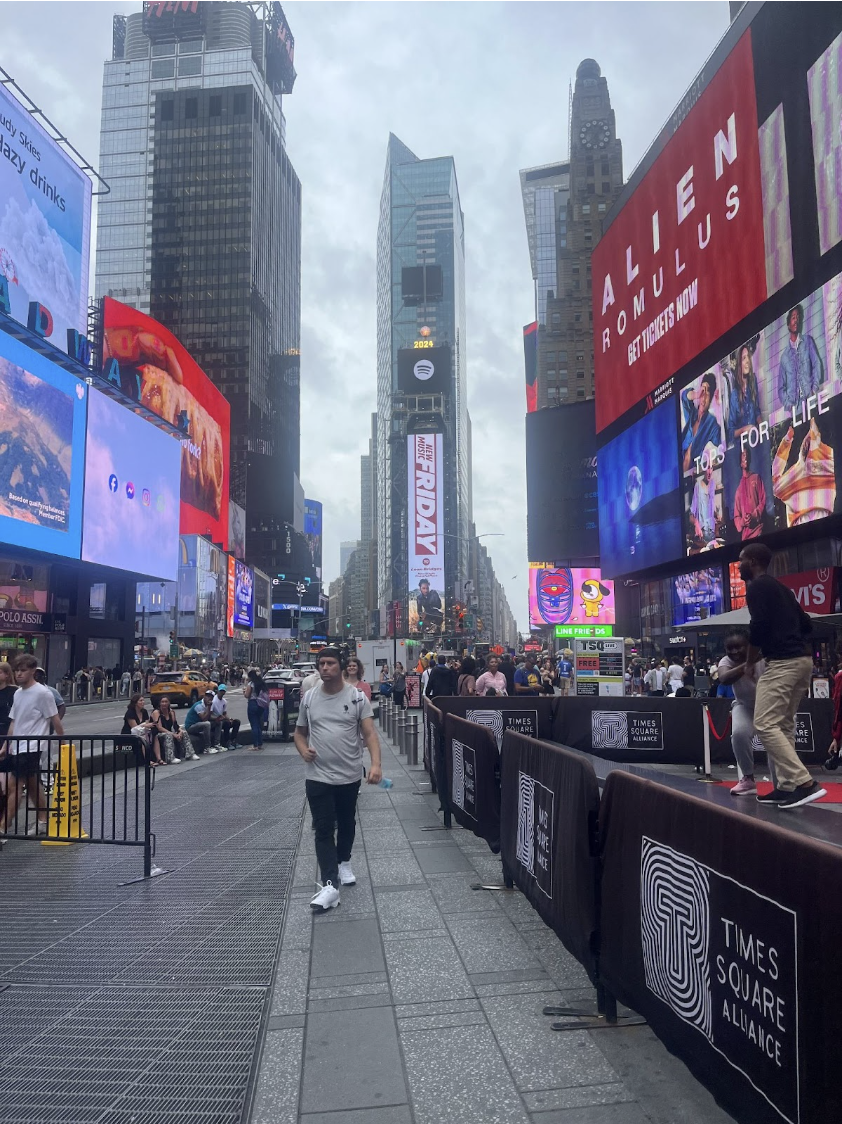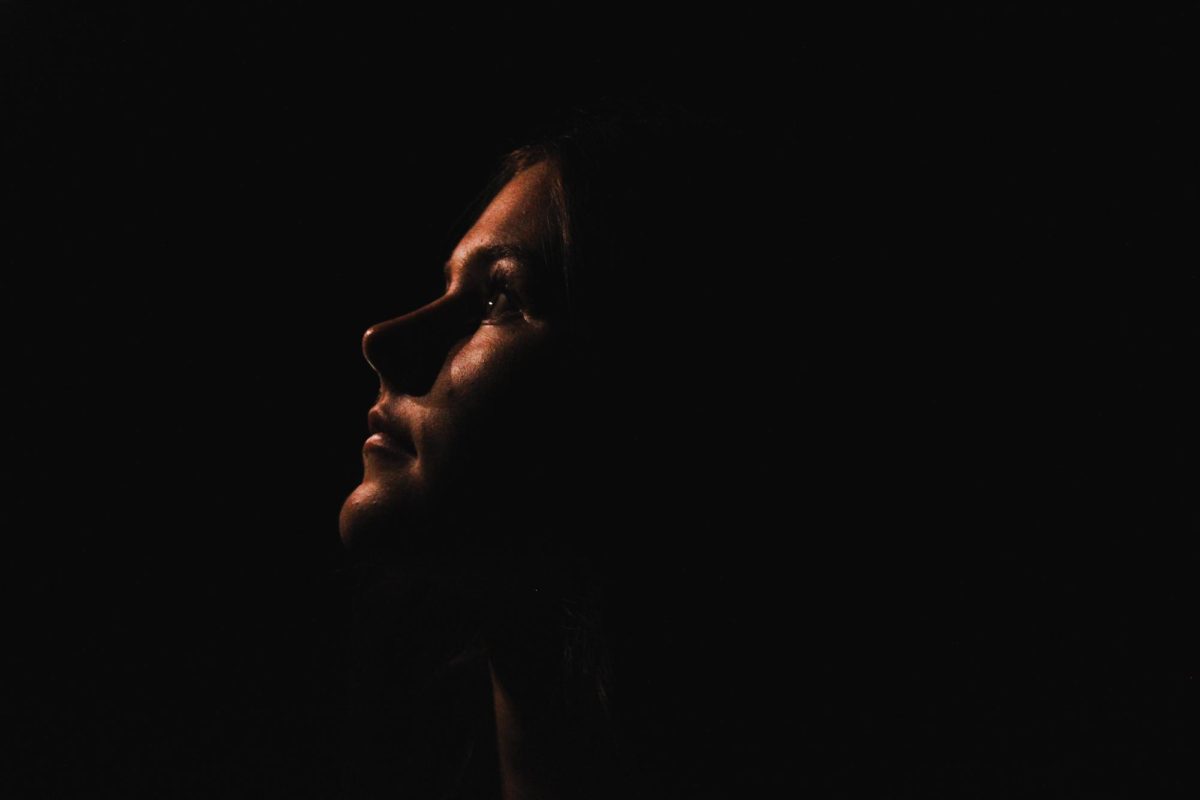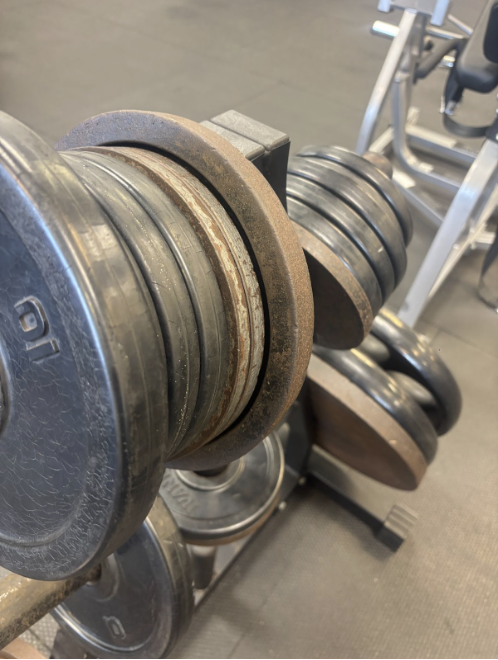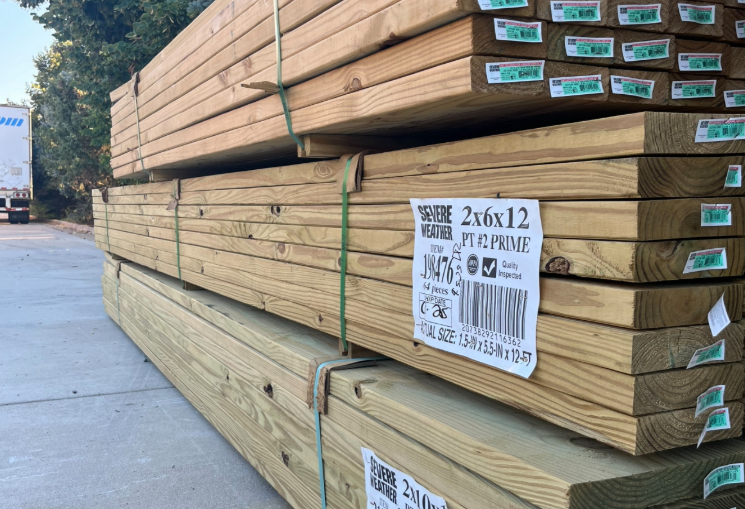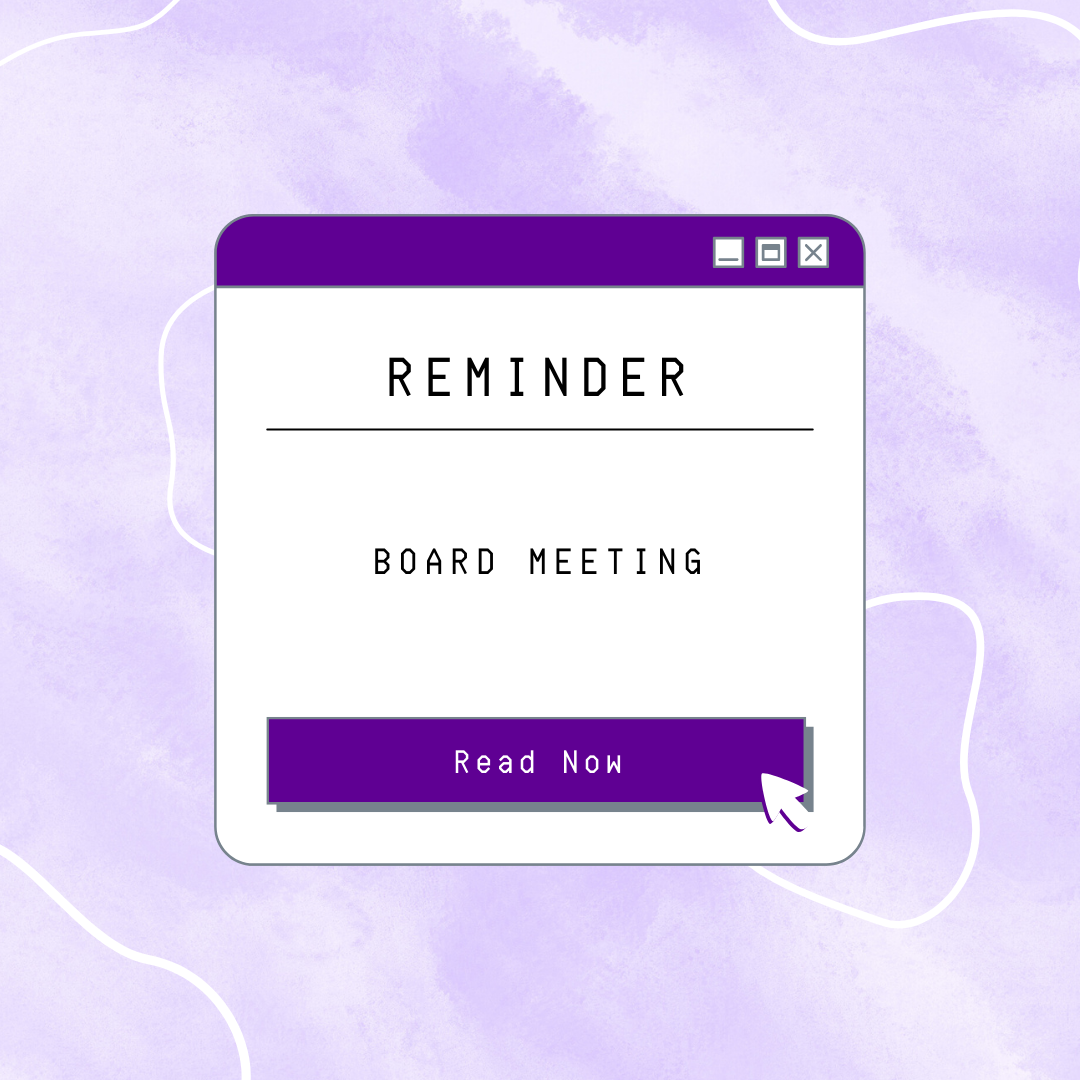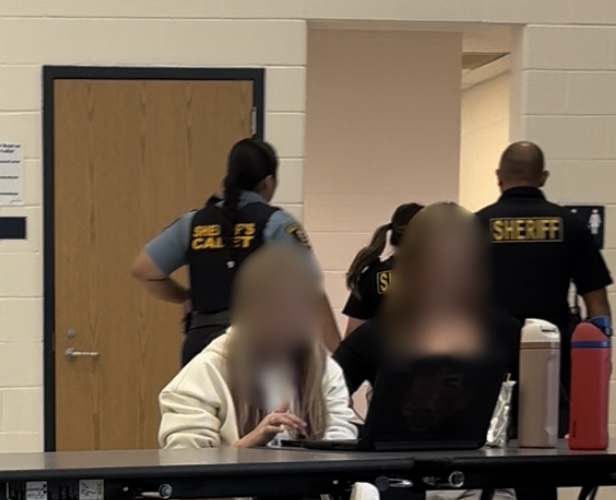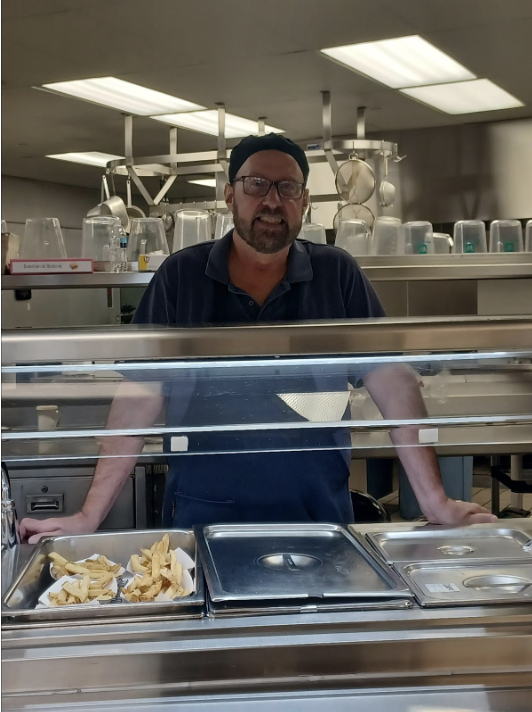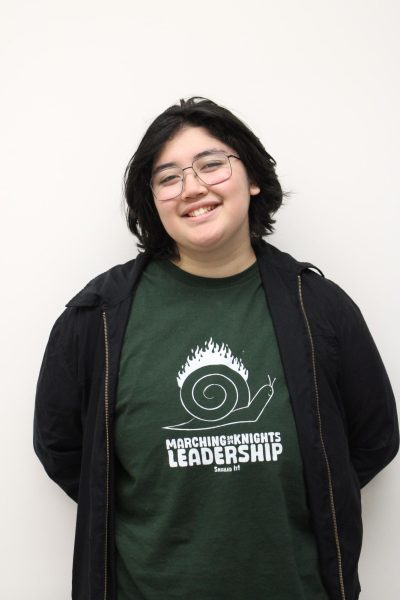Teenagers are like plants, and plants need room to grow. They can’t survive in a pot that’s too small. They need space to build their roots and even branch out, and the same thing goes for teenagers. The more we grow, the more space we’ll need.
Though some people treat teenagers as though they are mature adults, they are still growing. The National Institute of Health (NIH) states that the human brain does not fully develop until around the age of 25. As our brains develop, we need both mental and physical space. It can feel claustrophobic when your personal space bubble gets popped. Think, for example, of the well-known Kaneland “blender.” Anyone who has ever walked through the school is aware of this four-way intersection of hallways where people are packed like sardines and shoving each other, trying to make it to class. Many students look uncomfortable as they are practically on top of each other.
Personal space is “the general feeling of your comfortableness around other people,” social studies teacher Scott Parillo said. That kind of comfort will obviously not be found in places like the blender, so we need to look elsewhere.
For instance, some may view the library as a comfortable place within the school.
“You can come to the library during your study hall or lunch,” school librarian Jessica Parker said. “You can come here to take a break, chat with friends if they are in here, play a game or color.”
As the library is open for all periods, students can be comfortable with being able to choose what part of the library they want to be in.
“I think the furniture helps,” Parker said. “I have tried to create some different areas, but you can’t divide it all the way. So if there are students who want to work together, they can, but if they want to hang out, they can do that too.”
When you lose that physical space around you, the comfortable feeling gets lost too, therefore inhibiting your ability to grow. Teenagers are in a very important part of their lives where they are trying to discover themselves. Again, this becomes incredibly hard when they’re not given the opportunity to do that. However, there are a few things that people can do to make sure their personal space is valued around them.
It is important to make sure you set boundaries in any relationship you are in. Whether they are friends, partners or family members, it’s imperative that you let them know what you’re comfortable with. The NIH explains that the boundaries “chosen [depend] on the relationship between individuals, how they feel, and what they are doing.” Not all boundaries will be the same for every relationship. Therefore, it is even more important to have conversations about those boundaries.
Some of the hardest boundaries to set are those with your parents. Parents are naturally worried about their child’s well-being. Often, teens feel overlooked by their parents or, conversely, overwhelmed by their protective nature. As kids reach their teenage years, it can often feel oppressive.
Society has changed since our parents were teenagers, especially post COVID-19.
“Kids go through different feelings now than they would in previous times, so you just have to be cognizant of that and deal with how teenagers are living now,” Parillo said.
Now, everything seems to be online, and social media usage has only increased. Many kids turn to social media in order to freely express themselves and connect with others. However, social media comes with safety risks. Some parents feel the need to take away or restrict social media to minimize the risk of anything going wrong. This gives teens the illusion that they can’t be trusted and suggests that they have no space to be themselves. This can lead to teens having territorial behavior surrounding their personal space, according to the NIH, where the teen is defending their space from anyone that seems to threaten it.
“If someone wants to be left alone, then be respectful of that. It is respectful to check in on someone to see how they’re doing, but if they don’t want to be bothered, leave them alone,” senior Megan Fountain said.
Society often sees territorial behavior as disobedience rather than a defense mechanism. If adults are led to believe that teens shouldn’t have their own space because they fear that teenagers are misbehaving, then this spirals into more spaces being taken away. Though they often have the good intentions of protecting us, that doesn’t mean it always helps.
“The whole point of being a teen is learning how to be an adult. When you’re an adult, you’re not going to have someone monitoring what you do 24/7,” Fountain said.
Having someone always watching can become a crutch. However, as teens, we need to have the ability to learn how to live correctly on our own.
“I get that parents want to see their kids and want to help their kids,” Fountain explained. “But sometimes it gets to the point where you need to allow that little bit of freedom for these kids to become people and functioning members of society.”
The world may tend to overlook the importance of the spaces that teens need for their own physical and mental development, making the transition to adulthood more difficult. They might not be able to be as independent as they would be if they were allowed to make mistakes and their own decisions.




